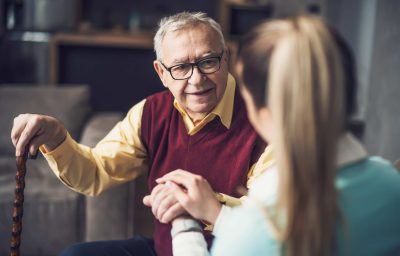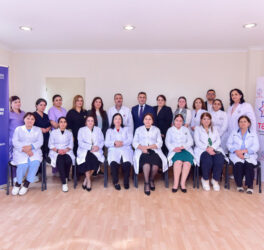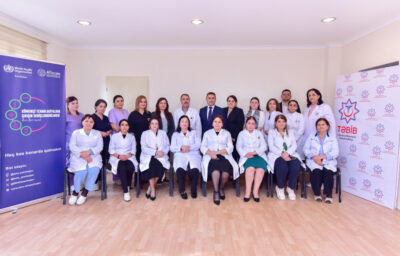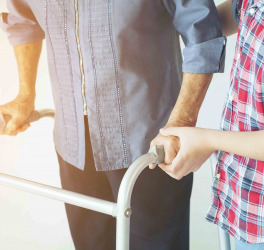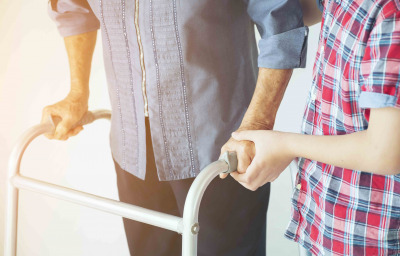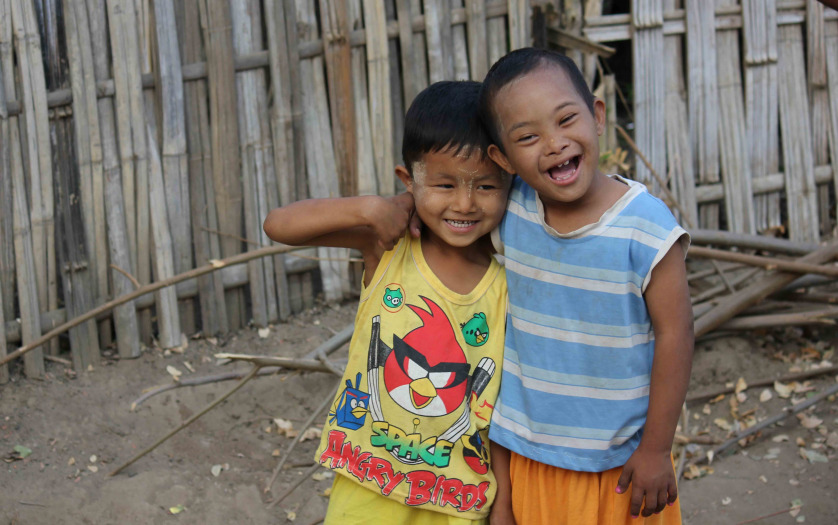
The World Health Organization (WHO) and UNICEF signed a new collaborative framework which will accelerate joint public health efforts that put the most marginalized and vulnerable populations first.
The new Strategic Collaboration Framework builds on a robust 70-year collaboration between the two organizations, and prioritizes four strategic areas for immediate attention and action at all levels of the organizations: universal health coverage, through a primary health care and health systems approach; mental health and psychosocial wellbeing and development; public health emergencies; and maternal and child nutrition.
Additionally, the two organizations signed a new Joint Programme on Mental Health and Psychosocial Well-being and Development of Children and Adolescents. This 10-year collaborative effort will promote mental health and psychosocial well-being and development, increase access to care for mental health conditions, reduce suffering and enhance quality of life among children and adolescents, and their caregivers
Both organizations are particularly concerned about the urgent need to better tackle issues affecting adolescents. Depression is is one of the leading causes of illness and disability among adolescents, and suicide is the second leading cause of death in adolescents.
“The COVID-19 pandemic has exposed huge gaps in accessing health, well-being and nutrition services among children and vulnerable populations,” said Henrietta Fore, UNICEF Executive Director. “There has never been a more urgent need to work together. This new framework will help us strengthen health and food systems, and invest in mental health and psychosocial support in every country in the world.”
For more than 70 years, WHO and UNICEF have worked together worldwide to ensure children survive and thrive, and benefit from a safe and clean environment. The two organizations collaborated to provide high-impact health, immunization, nutrition, HIV and early child development interventions, as well as safe water and sanitation services in every region of the world, including in fragile and conflict settings.
“At the heart of our work with UNICEF is seeing that every child not only survives but ultimately thrives and transforms their communities and future generations,” said Dr Tedros Adhanom Ghebreyesus, WHO Director-General. “With great appreciation and respect for our unique and complementary roles, we stand together in our commitment to achieve health for all. As this pandemic demonstrates, no-one is safe until everyone is safe.”
WHO and UNICEF continue to work together to stop the COVID-19 pandemic and ensure that every woman and every child have access to the essential health services they need, including immunizations and health check-ups.
Additionally, the organizations are strengthening health systems through primary health care, as agreed in the Declaration of Astana, and the UN High-level declaration on UHC, in order to accelerate achievement of universal health coverage and Sustainable Development Goal 3 targets by 2030.




